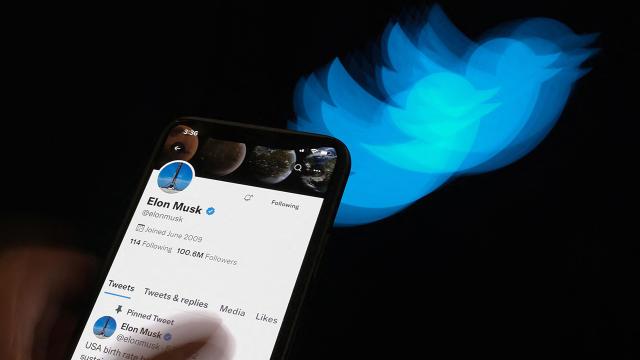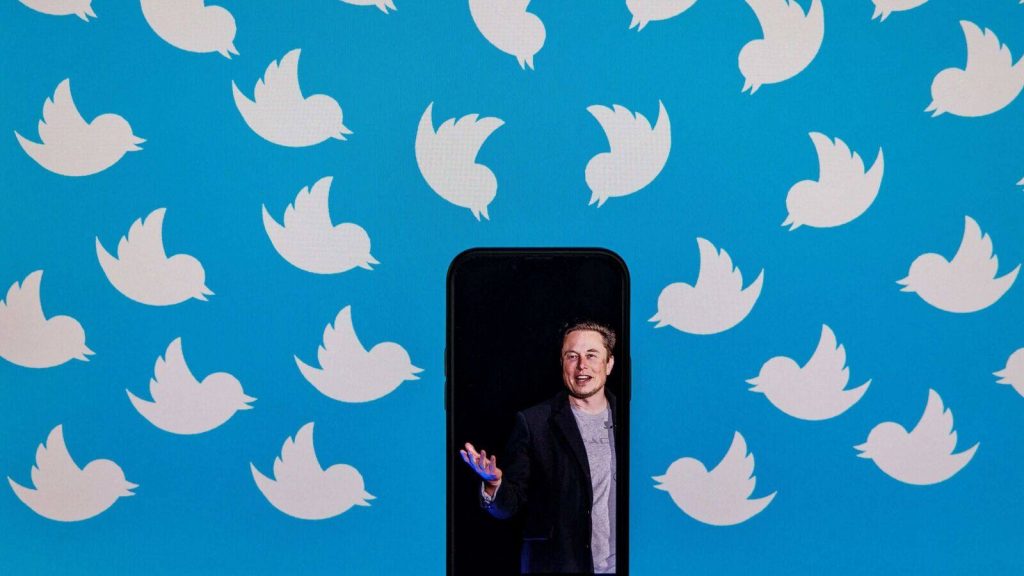Twitter CEO, Elon Musk, has announced new rules related to the social media platform’s paid Twitter Blue feature. Starting from April 15, only verified subscribers will have their posts recommended to other users and be allowed to vote in polls. This move is aimed at addressing the problem of advanced AI bot swarms that are taking over Twitter.
Posts from non-paying accounts will not be included in the “For You” stream of recommended tweets. Currently, users pay $7 a month for blue-tick verification, which also allows access to additional features. However, this move has been criticized by some social media users who believe that it will limit the platform’s meritocracy.

Former workers on Twitter’s verification team have raised concerns about the move, arguing that verified users could use their power and presence on the platform to influence anything from misinformation to actual harm for users around the world.
When Elon Musk took over Twitter, he was full of lofty ambitions about bringing back “free speech.” He wanted the platform to be “maximally trusted” and said that it wasn’t a way to make money. However, realizing that it was difficult to increase advertising revenue, Musk turned to a subscription-based model.
The new policy will preclude non-paying users from taking part in the “For You” stream of recommended tweets, making it less likely for unverified Twitter users to have their tweets liked or retweeted. Combined with Musk’s winding down of misinformation checks, this could be an extremely dangerous moment for Twitter.

It raises an existential question for Twitter: it was supposed to be a fairly meritocratic place, with tweets rising by the quality of their content. But now, that appears to have been swept away. This move could be manna from heaven for trolls and people pushing misinformation.
In conclusion, while the new rules related to Twitter Blue may address the problem of advanced AI bot swarms, they could also limit the platform’s meritocracy and create an opportunity for trolls and misinformation. It remains to be seen how these changes will affect the platform’s users and reputation.


